The Paris 2024 Olympic Games opening ceremony planned for the River Seine could be scaled down or moved to a stadium, if the security risk is deemed too high, France's President Emmanuel Macron said on Monday.
Macron said he was confident the first-of-its-kind showpiece would go ahead as planned, but that France had "plan Bs, and even plan Cs".
In an interview with French broadcasters BFM TV and RMC radio, Macron said that instead of teams sailing down the Seine on barges, the ceremony could be "limited to the Trocadero", across the river from the Eiffel Tower, or "even moved to the Stade de France".
"This opening ceremony ... is a world first. We can do it and we are going to do it," Macron said. "But if we think there are risks, depending on our analysis of the context, we have fallback scenarios."
Organizers of the Paris Olympics have prepared a groundbreaking opening ceremony, departing from the conventional practice of unveiling the games in the main stadium.
The ceremony is set to involve a parade of thousands of athletes in 160 boats along the Seine on a 6-kilometer route, with huge crowds watching from the embankments.
Initially, organizers intended for the ceremony to accommodate up to 600,000 spectators, with many enjoying the spectacle from the riverbanks.
Due to security and logistical issues, the government has chosen to reduce the scale of the event. Earlier this year, the estimated number of attendees was cut to 300,000.
The French government has also opted not to allow people free entry to view the ceremony with access now set to be by invitation only, reported the Associated Press.
Despite the security concerns, organizers have previously refuted the possibility of relocating the opening ceremony to another venue.
Amidst the ongoing turmoil in the Middle East, along with heightened fears about terrorist attacks, the French government last month raised its security alert to the highest level.
Macron said he wanted to establish an "Olympic truce" during the Paris Games. The truce is a contemporary adaptation of an ancient Greek custom, which aims to secure safe passage for athletes by requesting member states support a United Nations resolution introduced by the host country before each Olympics.











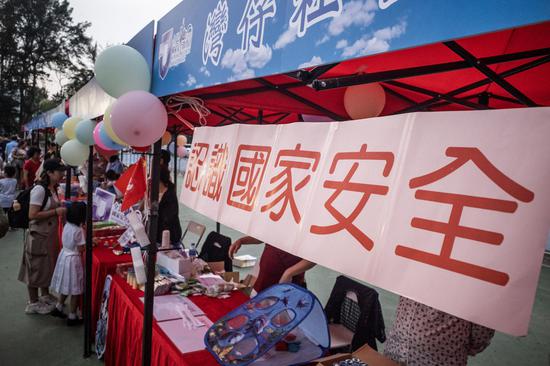

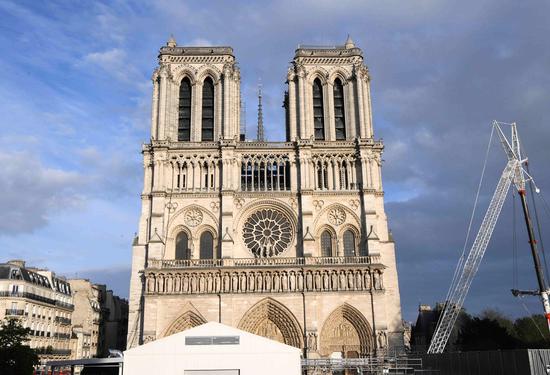

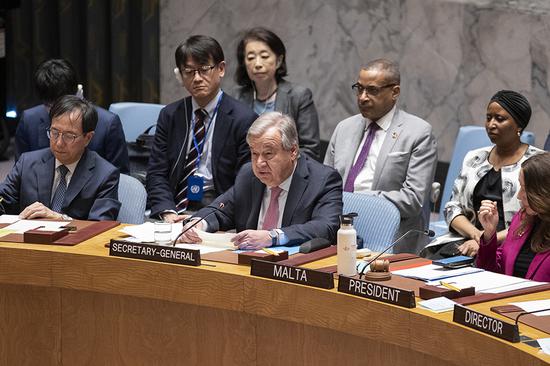



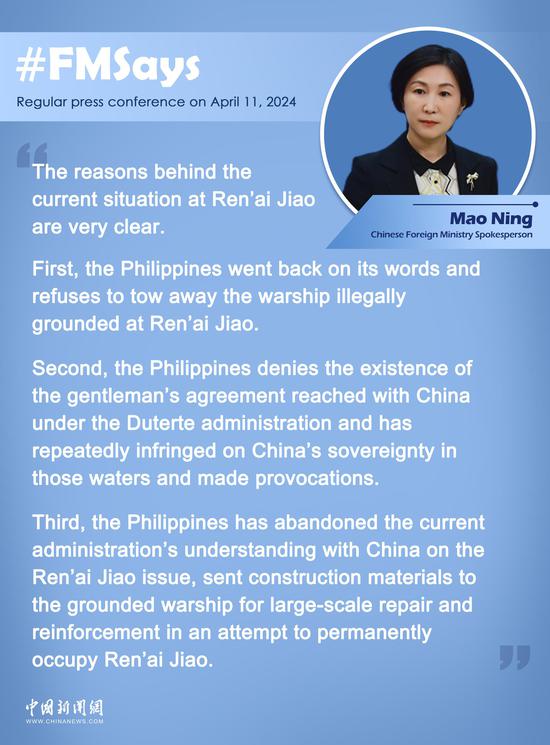


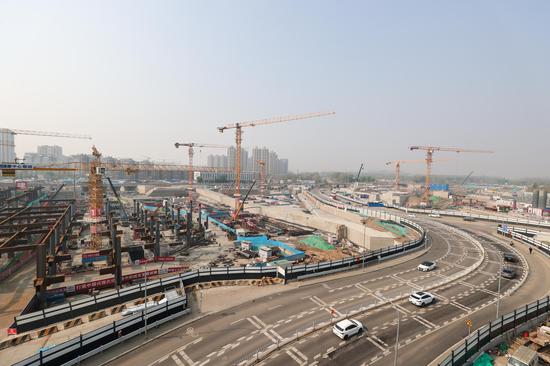
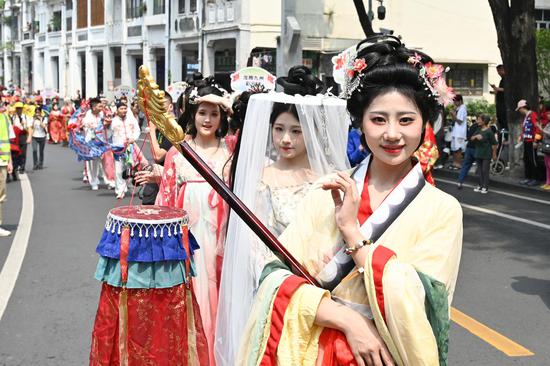

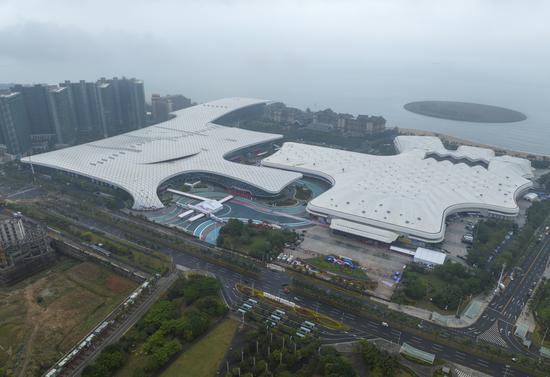
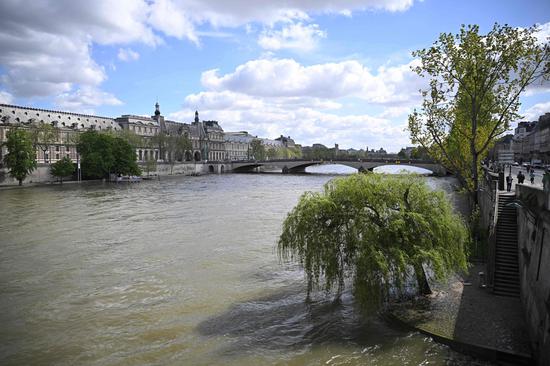

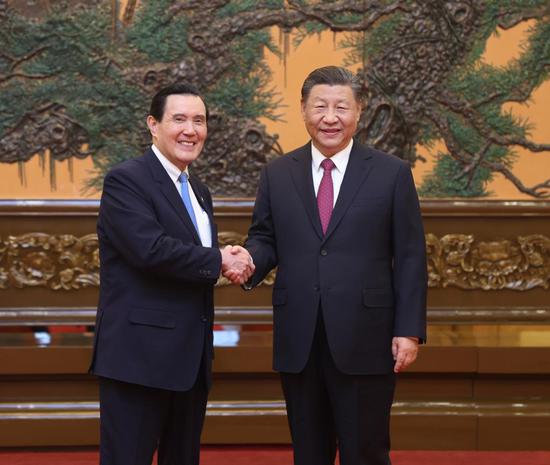

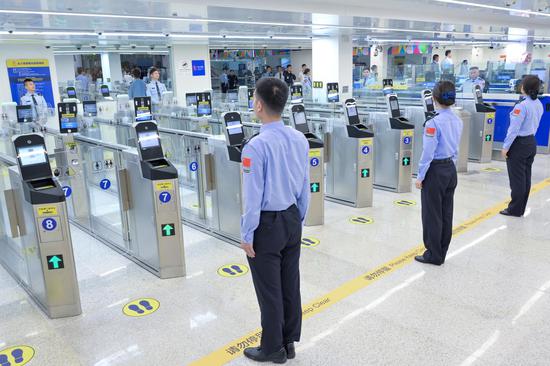
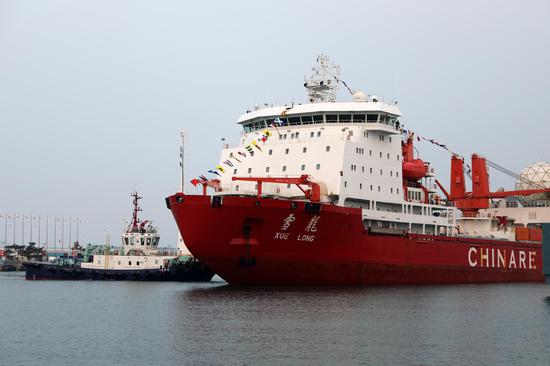

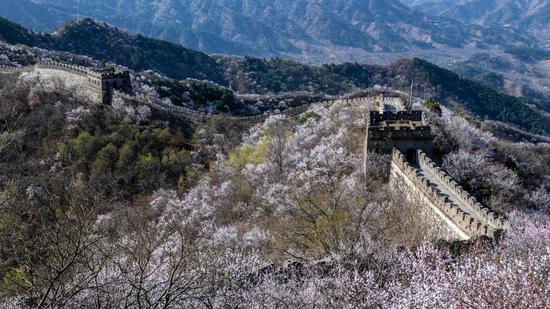
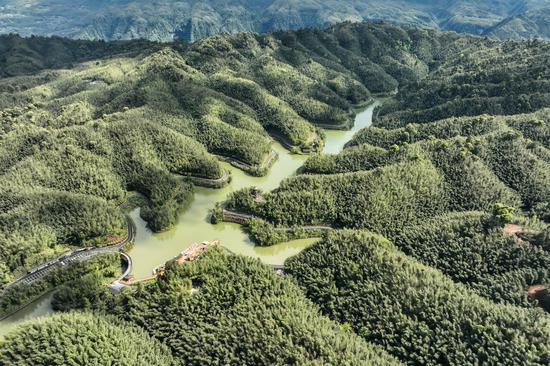
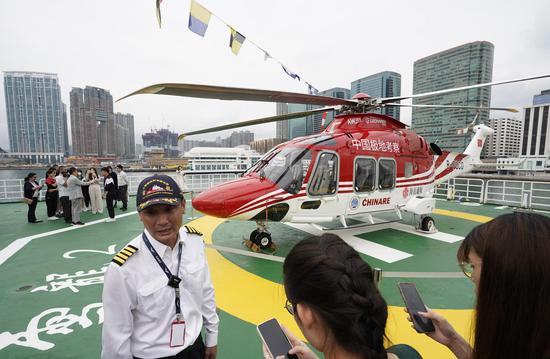

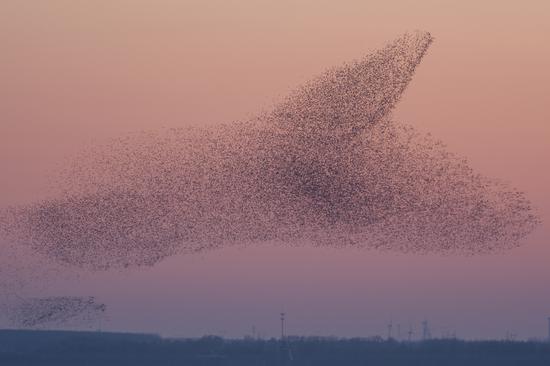



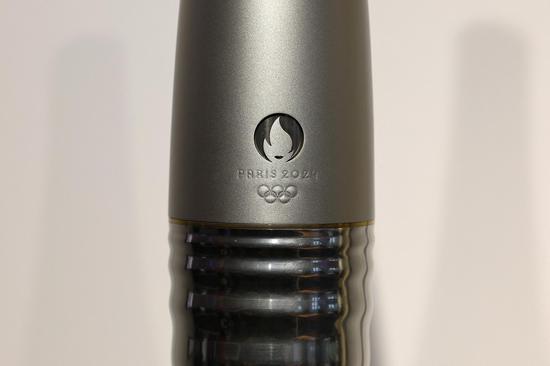
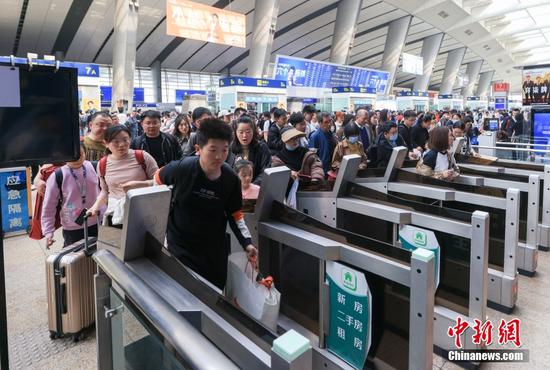

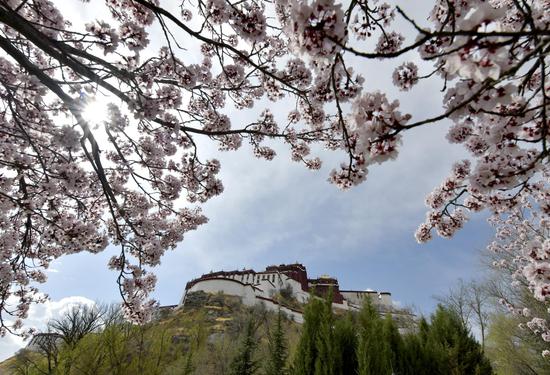





 京公网安备 11010202009201号
京公网安备 11010202009201号